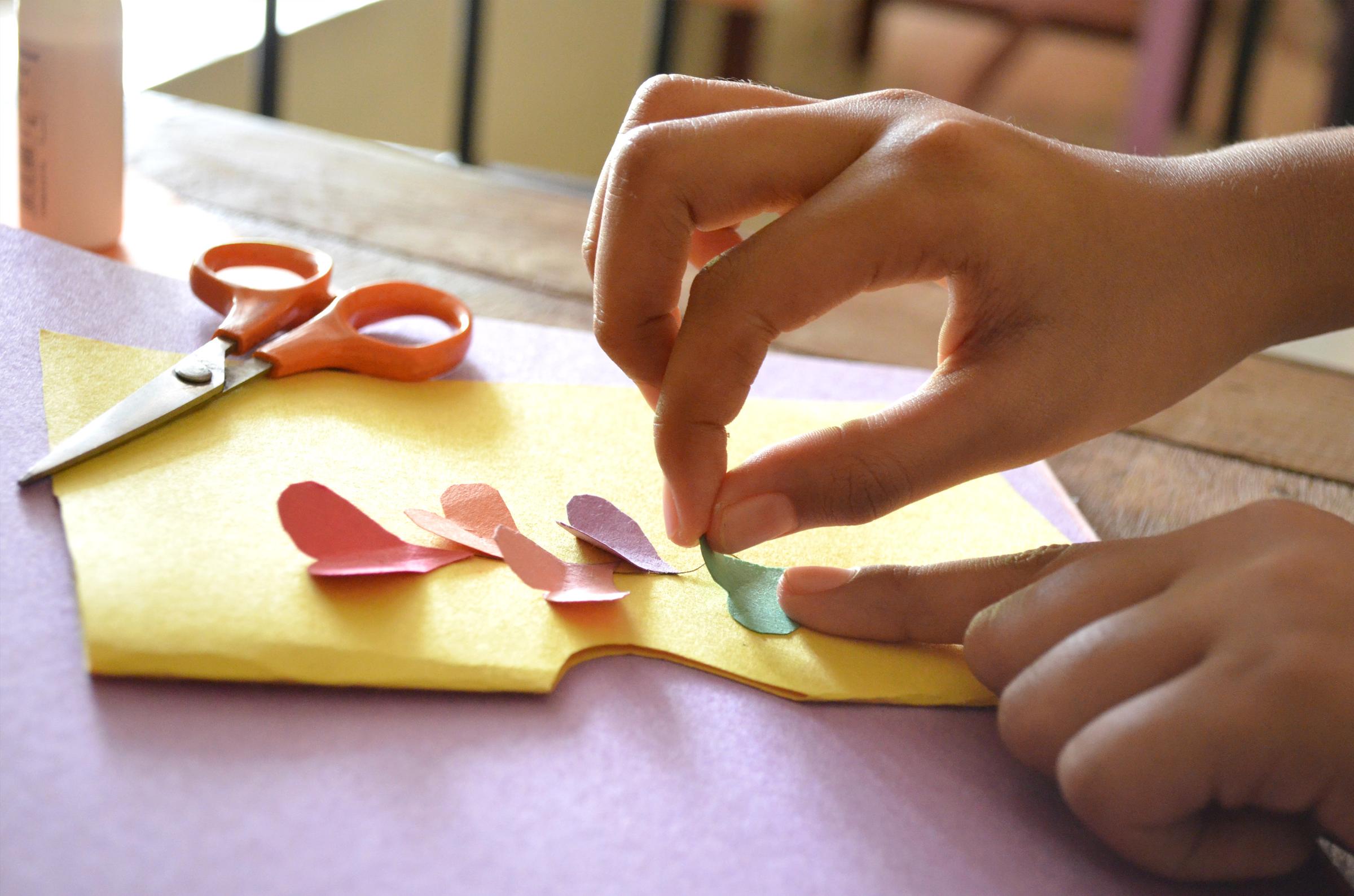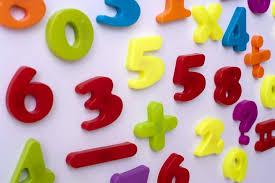Teaching and Learning

Why is linking learning between home and school important?
Family participation in learning is one of the most accurate predictors of a child’s success in school and beyond.
Providing opportunities to discuss and engage in mathematics supports your child’s learning in and out of school. Your child will also begin to connect the importance of maths with their everyday activities, such as navigating public transport, comparing and choosing the best item to buy in stores, setting a budget, and cooking.
How can I support my child's numeracy development at home?
Look for regular opportunities to engage your child in daily tasks that have a maths focus. In the junior years (K-2), finding daily opportunities to sing counting songs, count every day objects, discover numbers, use playing cards, make patterns, recognise coins and hunt for shapes all encourage mathematical thinking and exploration.
As children move through the year levels, sports can provide a good opportunity to engage your child in maths, particularly if they are a keen sportsperson. Weather can be a great topic to discuss maths, as it changes daily and varies across seasons. Discussing maths when cooking can provide a daily maths lesson involving measurement, time, and cost and browsing catalogues can be a great way to improve your child’s maths knowledge of money and percentages.
The Process rather than the Outcome
Maths is not about learning by rote. The focus is on recognising that there are multiple ways to get an answer, and being able to explain how and why you chose the approach you did is really important - perhaps even more important than the answer.
There are many activities you can do at home to explore maths with your child. When engaging in maths activities, avoid associating them with speed. Expecting your child to work quickly on maths can cause maths anxiety. Try to focus on the process and not the outcome.

